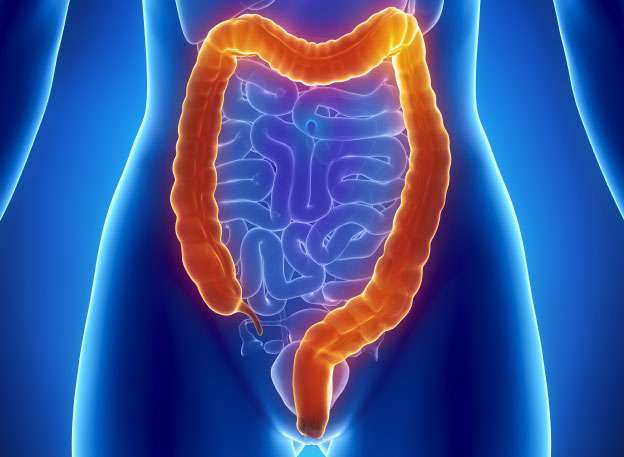Colorectal cancer
This retrospective biomarker study was conducted as part of a co-operation between the p53 Research Group and the ABCSG (Austrian Breast&Colorectal Cancer Study Group) among patients with positive lymph node colorectal cancer. The study was able to demonstrate that the applied Mark53 gene test identified those patients who had an extreme advantage through the post-operative chemotherapy. It was equally possible to identify a group among whom the applied chemotherapy had a counter-productive impact on survival. Publication status: The study is currently being submitted for publication.
The most important results from the clinical study:
- The administered chemotherapy is ineffective among patients with more than four positive lymph nodes. Accordingly, it was also not possible to determine any impact of the p53 status on the efficacy of the chemotherapy or the survival of these patients.
- In the case of patients with fewer than four positive lymph nodes (low-risk patients), the post-operative chemotherapy proved to be extremely effective, if the p53 marker status was normal.
- In contrast, survival was extremely poor among patients with a mutated gene status. The risk of death was twice as high for these patients.
Conclusion In this retrospective study it was possible to demonstrate that the efficacy of the post-operative chemotherapy with Fluorouracil is significantly influenced by the marker status.
